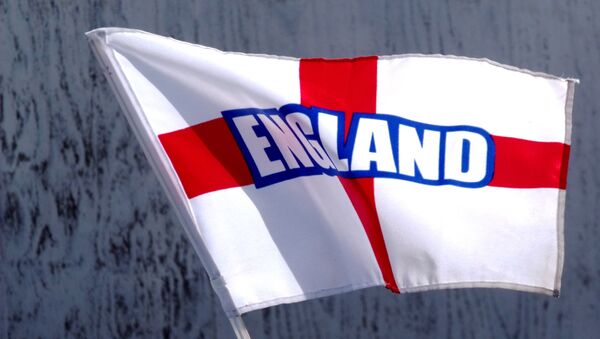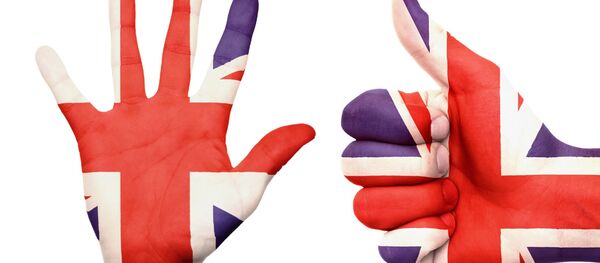The study, led by former Labour cabinet minister John Denham, now head of the University of Winchester's Centre for English Identity and Politics, found a fifth of people described themselves as English exclusively rather than British, a leap from a mere 14 percent in 2015.
@JYDenham but when will the English get a say on England? pic.twitter.com/K0rnfYb6IT
— Wyrdtimes[+] (@Wyrdtimes) January 10, 2017
Chris Curtis, political research executive at YouGov, said it was too early to say whether this apparent decline in Britishness was a transitory blip or long-term trend. Although, he believes there has been demonstrably increasing political and social divergence between the UK's constituent countries, particularly in the wake of the 2015 general election and June 2016 EU referendum.
"We've definitely seen the rise of Englishness and Scottishness, although it's difficult to tell whether we're seeing the beginning of a new normal or there'll be a Britishness resurgence in the future. Moreover, the EU referendum exposed how England itself is so split on the issue. The vast majority of leave voters in England considered themselves English, just one in five Remainers did," Chris Curtis told Sputnik.
Curtis added that the findings had major implications for Labour, as just 25 percent of the party's voters identified as English — a demographic UKIP, under the leadership of Paul Nutall, is overtly targeting.
In regional terms, residents of the West Midlands were most likely to identify more with Englishness, at 40 percent, while Londoners were least, at 30 percent.
The study also highlighted a growing correlation between national identity and political behavior, considering polls conducted during and after the referendum that showed electors who felt most English were more likely to vote Leave.
The findings echo those of a different survey conducted by YouGov in December 2016, which recorded sizeable support for immigrants intending to settle in Britain being obliged to swear an oath of integration with British values and society. In all, 66 percent of respondents agreed with the proposal, and a majority of voters of all parties backed it; 93 percent of UKIP voters, 80 percent of Conversative voters, 61 percent of Liberal Democratic voters and 54 percent of Labour voters.
Two thirds of people support introducing an "oath of integration" for immigrants wanting to settle in the UK https://t.co/Re7PHLnCrJ pic.twitter.com/h4ddFvFpfC
— YouGov (@YouGov) December 7, 2016
Support for an oath also bridged the Brexit divide, with a majority of Remain voters backing it — 51 percent said they think immigrants should swear an oath, versus 85 percent of Leave voters.



